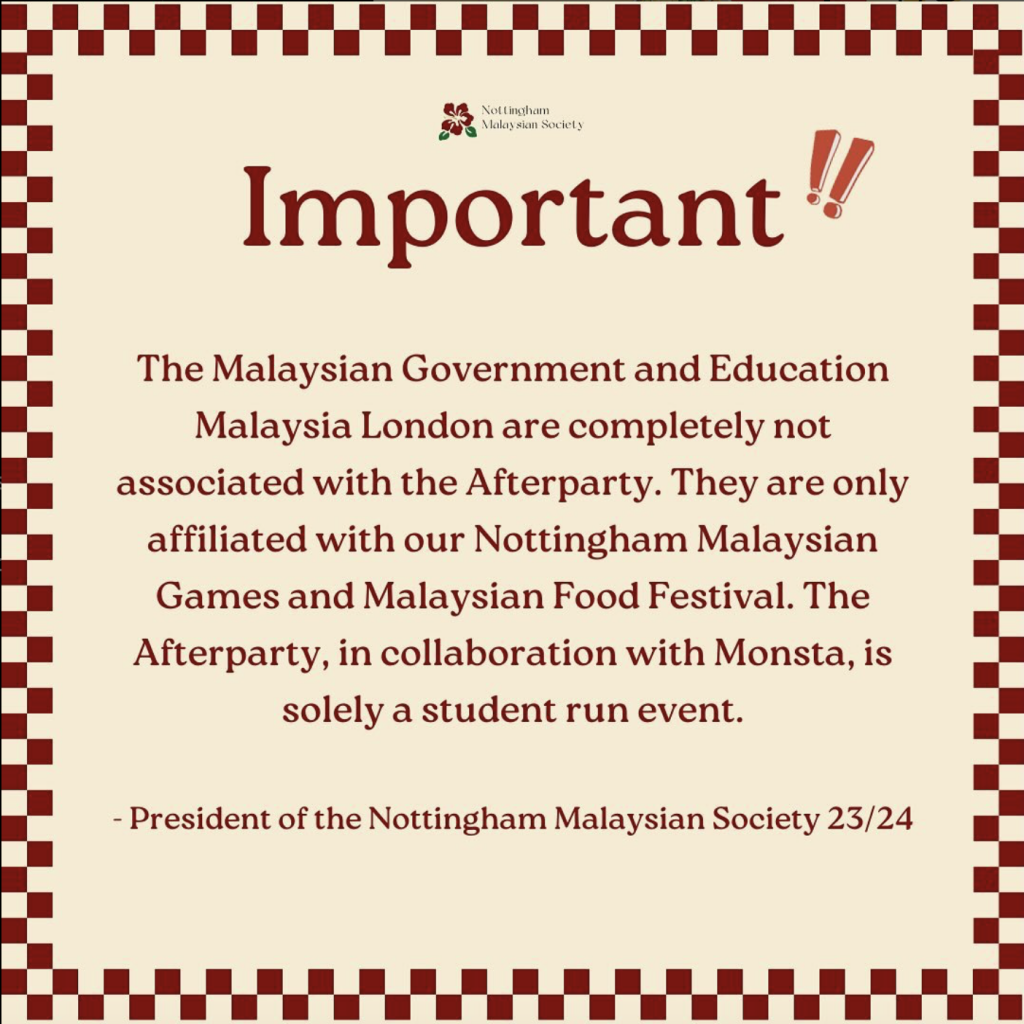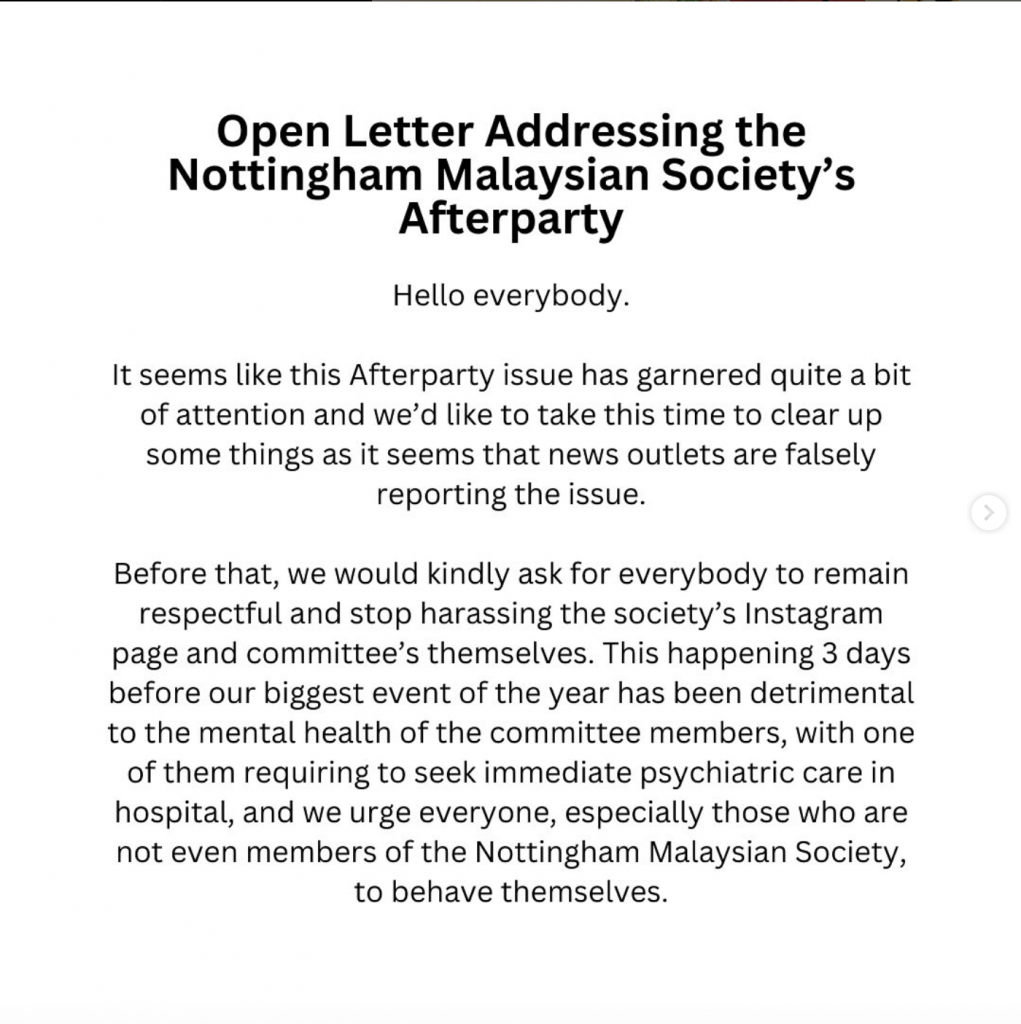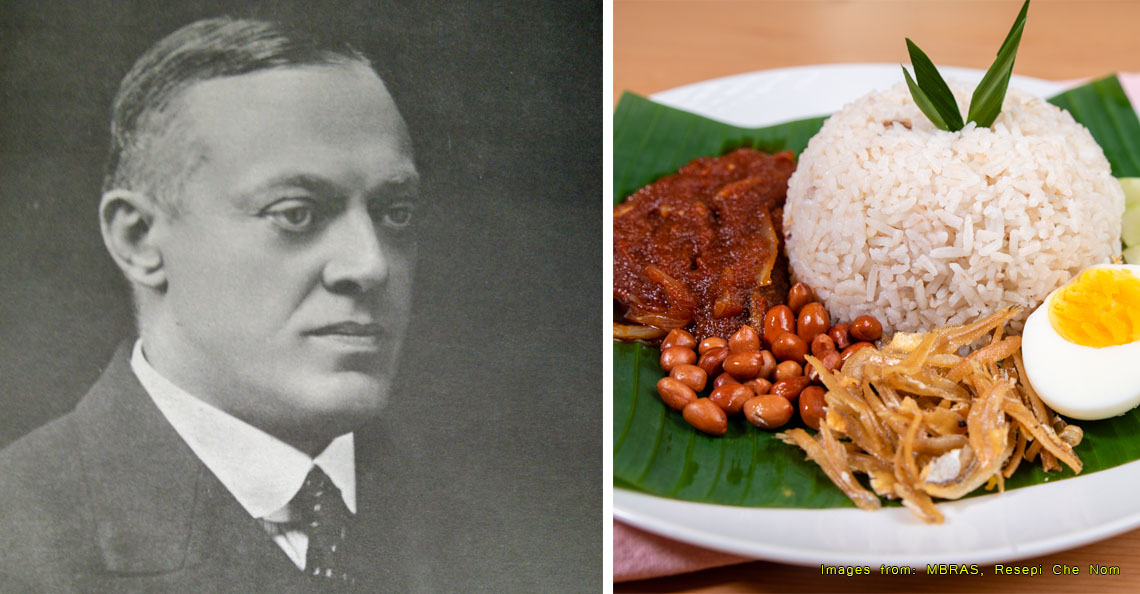3 Problems We Found From Malaysian UK Student’s Viral Video
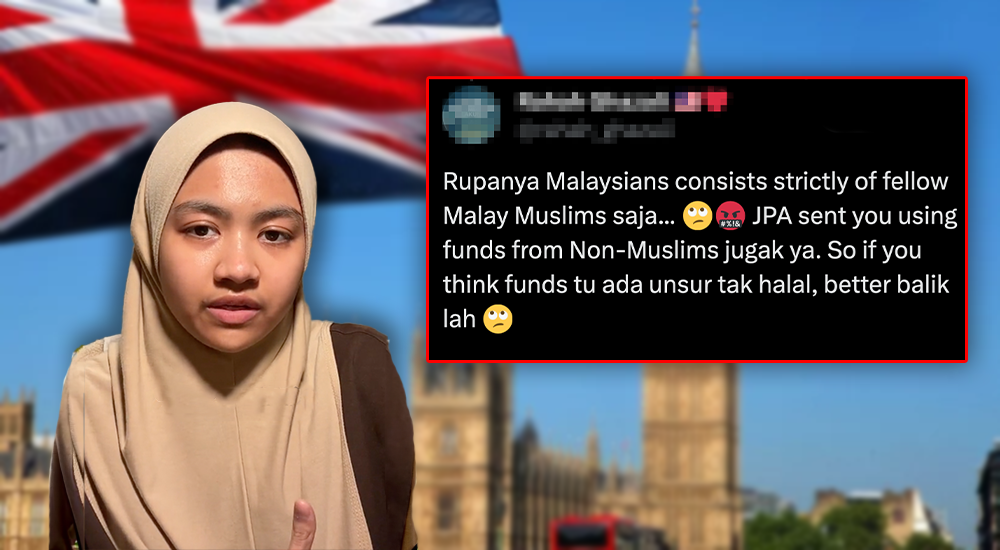
- 194Shares
- Facebook135
- Twitter8
- LinkedIn5
- Email11
- WhatsApp35
Locals mengamuk after a TikTok video of a Malaysian UK student studying in Nottingham University went viral for “stirring up religious tensions”. The video received mixed responses, as it highlights the issue with Malaysian-Muslim students being invited to an afterparty at a nightclub that serves alcohol. Since the protagonist of this story is Aisyah, the product of a wealthy family and daughter to PAS Dewan Muslimat Chief for Melaka, Hawa Yaakub, people were quick to point out several problematic elements in the video.

While we could just sedekah our two cents and go about our day in ignorant bliss, we decided that there was more to Aisyah’s video than the two opposing sides battling it out in the comments section. The angry mob were only focusing on what she said, ‘cos sure that’s where all the gossip and controversy is, but it’s also important to think about the questions that her sentiments and actions have unraveled.
Contohnya, what is Malaysian culture? Should taxpayer money go into funding the education of students who can clearly afford it? And if we send our kids overseas with that money, why do they waste the experience by lepak-ing with other Malaysians only? Instead of bickering with each other with no possibility for resolution, let’s look at these questions together sebab benda boleh bincang, kenapa perlu gaduh?
Really ah drinking not part of ‘Malaysian culture?’

The most divisive part of the video – and the reason it went viral in the first place – was Aisyah’s statement on how “clubbing, drinking, partying has never been part of Malaysian culture,” which raises the question… What is “Malaysian culture”? Some of us tend to forget – until a Merdeka ad pops up to remind us – that Malaysia consists of multiple races and religions.
Honestly, to equate culture with clubbing, drinking and partying alone would be reductive ‘cos obviously there’s more to culture than these activities, but to say that it “has never been part of Malaysian culture” would be wrong too. Many Malaysians drink and at one point in time, Malay-Muslims did too.

For Chinese-Malaysians, the ‘yam seng’ ritual is customary during celebrations, particularly weddings and annual festivities. Directly translating to “Drink to victory,” this ritual includes the consumption of alcohol and it initially started as a way for working class folks to unwind after a hard day. Nowadays, it’s commonly seen as a blessing for good luck and prosperity.
Dating all the way back to the time immigrants from China arrived in the Malay Peninsula between the 14th and 17th centuries, yam seng is just as much a part of our culture as nyonya laksa.
Tapi tu cerita Semenanjung Malaysia, what about Sabah and Sarawak?

Tuak originated within the Dayak community in Sarawak and was served to greet guests or during Gawai festivities. This rice wine gained popularity in Peninsular Malaysia during recent years, as it is now being served in fine-dining restaurants, event spaces and even packaged and sold so you can enjoy it at home.
The drink has also been closely tied to tapai, with the common misconception that the two are one and the same. Well, it’s same-same but different in the sense that tuak is made out of glutinous rice while tapai is made out of single polished rice. But I think the biggest distinction is tuak is not invited to a Malay kenduri while tapai is considered a VIP guest. And this brings us to…


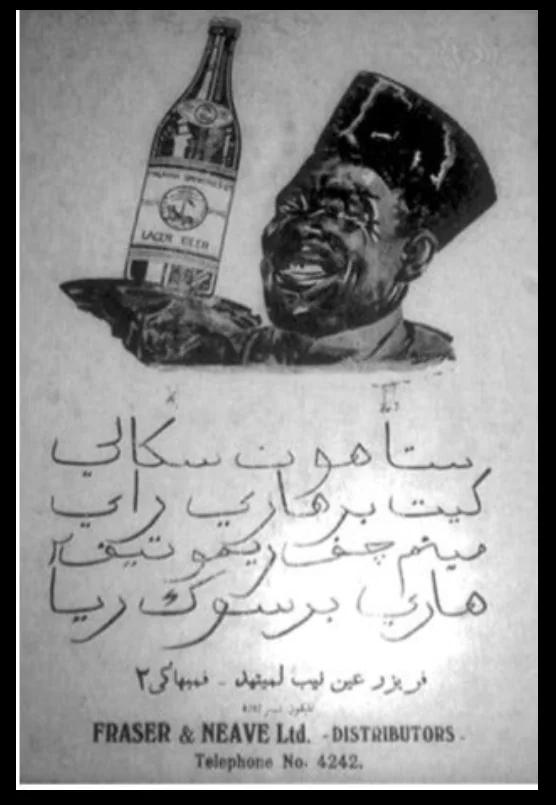
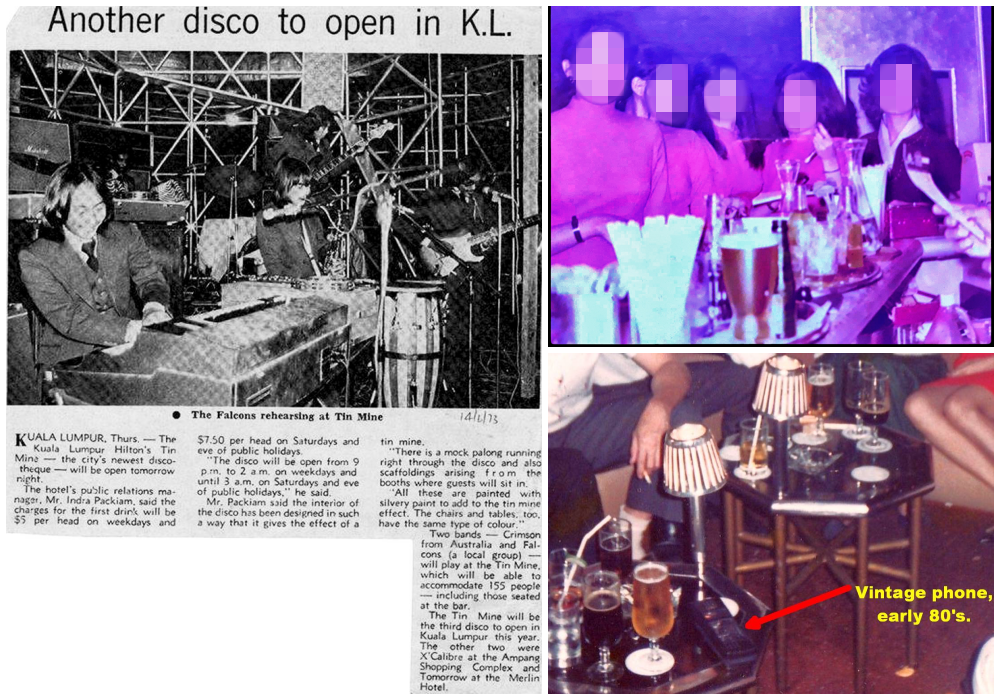
Ehem… Who knew that Guinness Stout used to be as famous to Malays as kacip fatimah?
With that said, a quick Google search would reveal that Malaysia has had a fervent cultural relationship with clubbing, drinking and partying. Even though stricter regulations have been enforced on Malay-Muslims today, we can’t erase the experiences of other races and religions as well as our own history.
To say that these things are not engrained in Malaysian culture would dismiss the foundation of our country, which is essentially unity amongst all races. In the words of our founding father, Tunku Abdul Rahman,
“We are all Malaysians. This is the bond that unites us. Let us always remember that unity is our fundamental strength as a people and as a nation.”
And on that note, we go to our next question about…
Who should get government scholarships?
While the issue of what Aisyah said took hold of most of the conversation, others were also focusing on who Aisyah actually is. Screenshots posted onto Twitter that were taken from her mother’s Instagram showed her mother holding an expensive Louis Vuitton bag, which begged the question: Did Aisyah deserve her JPA scholarship?
But before we get into that, does Aisyah even have a JPA scholarship?
Well, we couldn’t find any solid evidence that Aisyah is studying in the UK under this particular scholarship, but the speculation that it has caused online is enough for us to want to address this. Since the initial tweet pleaded for JPA to look into the matter, it led many people down a rabbit hole (we’re guilty of this as well) of looking through old Facebook and Instagram photos on her mother’s social media pages.
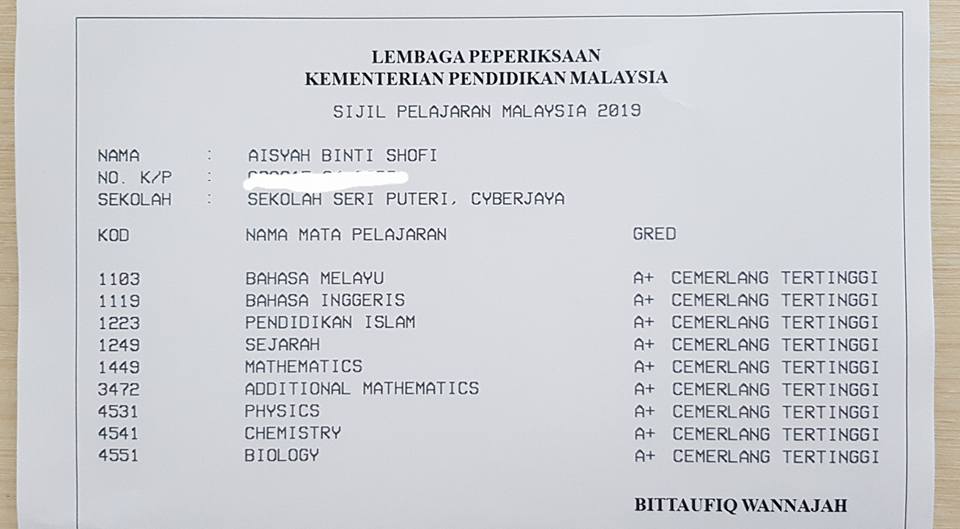
Regardless of whether or not Aisyah has a JPA scholarship, from what we could find, she met the requirements for the scholarship.
But why are people questioning her? And why are people harping on that damn LV bag that is entah ori atau ciplak? The answer is simple: People believe scholarships should be awarded based on income and not merit.

The Jabatan Perkhidmatan Awam (JPA) scholarship is awarded to excellent students, who scored a minimum of 9A+ in their exams. Depending on which programme you apply for, the scholarship will either cover your studies at local universities or abroad, and some are only offered to Bumiputera students. However, all of these scholarships are in the form of a convertible loan. Apa maksud?
That means you are indebted to the government for how many ever years it takes for you to pay off your loans. Here’s a simple breakdown:
- Full scholarship (no loan repayment): If you serve as a public servant in the civil service upon graduation
- 25% loan repayment: If you work in a Government-Linked Company (GLC) upon graduation
- 50% loan repayment: If you work in a company in the private sector in Malaysia upon graduation
- Full loan repayment: All other situations
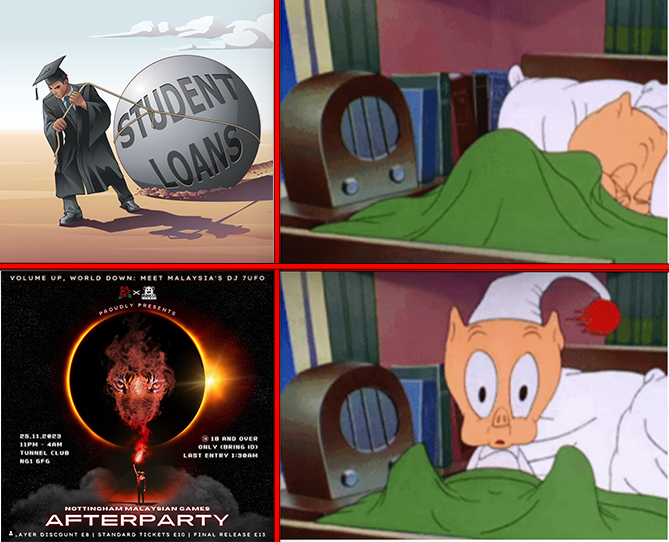
Just the mention of student loans is enough to make any middle-class folk shiver, but to someone who comes from wealth, ehh the thought of being in the same room as alcohol is much scarier. With that said, it seems the focus here is not that Aisyah is smart, but the fact that her family is more than capable of affording her tuition without the need of a JPA scholarship.
Merit-based scholarships have been a point of contention for a long time now with the reason being that it inherently favours those with privilege. Sure, brilliant students from different financial backgrounds including B40, M40 and (urgh) T20 can be awarded scholarships, but if you really think about it… Do B40 students get the same resources and assistance as a T20 student would? Ekcheli, we don’t even need to stretch it that far. Even M40 students have a great advantage over B40 students. And the latter is the group that needs it the most.
Fast internet, private tuition classes, revision books, a comfortable bed to sleep on, and the ease of transportation to commute safely to school – all of these things fall under the umbrella of privilege. Without these things, a privileged student might not achieve those 9A+s, so really, a T20’s A is worth less than a B40’s B. But alas, meritocracy wins and poverty prevails.
The criticism over Aisyah’s affluent family may be targeted towards the wrong person during the wrong discussion, but it is not completely unfounded. Because at the end of the day, wealth inequality is an unresolved issue and by continuing to take away opportunities to escape poverty from those in need, we’re only perpetuating that.
But while we’re talking about government scholarships for Malaysian students abroad, the next question we had was…
What is the point of us sending our students overseas?
The video has not only highlighted how Malaysians fare overseas after being accustomed to the way things are run here, but it also raises questions about who we decide to send across the pond in the first place. Since the jury is still out on those, let’s look at this issue from a different perspective.
We’ve covered what happened and who it happened to, but we haven’t touched on how this could happen, and this leads us to two new questions:
- Was this writer that annoying child that kept asking questions about everything? Yes. If you’re annoyed, imagine my parents.
- What’s the point of sending our students abroad if they’re just gonna hang out amongst themselves?
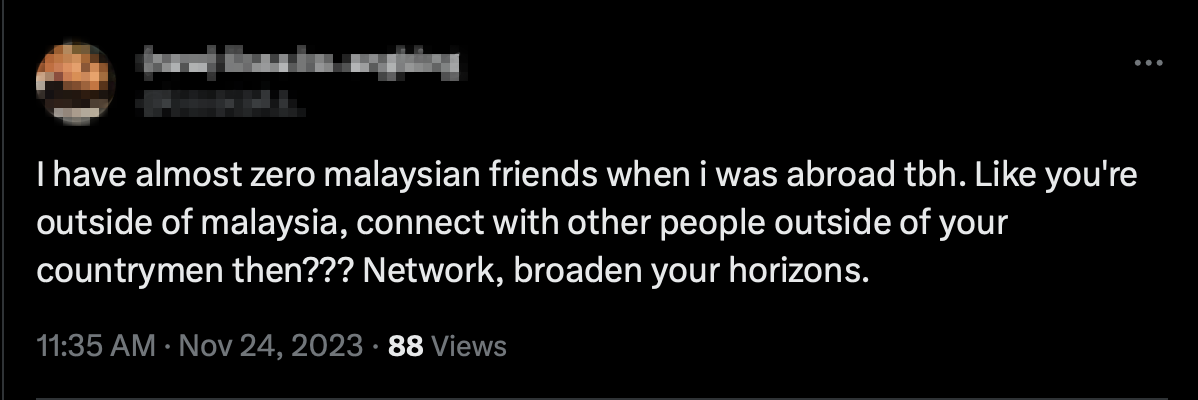
The ongoing consensus based on the responses from commenters is that Malaysian students (in this case, Aisyah) are stuck in their own bubble. After all, why are we spending hundreds of millions of Malaysian taxpayer Ringgit to send Malaysian students abroad if they’re just going to be hanging out with each other without getting to know other cultures while living in a whole new country?
Sure, you could say the government has decided to send Malaysian students overseas so they can get the quality of education they wouldn’t get here. But if the government is spending anywhere between an estimated RM200 million to RM1 billion a year to sponsor students going abroad, surely that’s money that could’ve gone towards improving our local universities instead of propping up foreign ones? Which begs the question: Surely there’s more to sending our students abroad than simply giving them an academic boost?
The presence of associations and events such as the Malaysian Society and the Malaysian Games are purely to provide a “home away from home”, but takkan you wanna stay home all day when you’re literally in a new, exciting country? This false sense of security coupled with the outstanding debt that comes from studying overseas just doesn’t seem worth it, especially if it’s going to cause malicious debates online and even trauma.
In case you didn’t know, the Malaysian Society of Nottingham University has had to do damage control over the past few days due to Aisyah’s video. Posting to Instagram, the society has highlighted that the Malaysian government and Education Malaysia London have no affiliation with the afterparty that has been causing the controversy. So, we can all sigh in relief that taxpayer money is not involved in this debacle.
Despite that clarification, Malaysians are still harassing the society’s page and committee itself, leading to the deterioration of the society members’ mental health. One of them even had to seek psychiatric care because of the incident. What we’re really trying to say is…
Don’t fight each other, fight the system

We can just agree to disagree on a lot of things mentioned in the video, because at the end of the day, we can’t change each other’s minds if we can’t meet in the middle to talk it out. But the reality is, Aisyah’s video brings up very interesting points (be it directly or indirectly) about Malaysia and Malaysians as a people.
Culture cannot be dictated by one person since it is a product of centuries of history that involves people of various backgrounds. You may accuse Aisyah of being a katak di bawah tempurung and blame all Malay-Muslims for their entitlement but hey, entitlement is not exclusive to any race. It’s purely a product of a system that continuously benefits them.

If you wanna look at it from a different lens, we can all agree that Mat Salleh people display their entitlement when they come to Malaysia and expect everyone to know English or cook masak lemak cili api without any of the cili or api. Yes, kita sakit hati, but that just shows how coddled they are back in their countries.
As for the scholarships, allowing people with privilege to have their education covered by the government will continue to uplift the rich and oppress the poor. I mean, who wouldn’t like a free ride to the UK even if they could afford it? Does that make wealth inequality entirely the rich’s fault? Or could it be the system that looks solely at merit despite the inequalities of economic backgrounds that are to blame?
While the answers may not come to us right now, if we keep asking these questions, it might help us understand each other better. Then, we can spend time banding together to solve the problem instead of blaming a child for the flaws of a nation.
- 194Shares
- Facebook135
- Twitter8
- LinkedIn5
- Email11
- WhatsApp35



